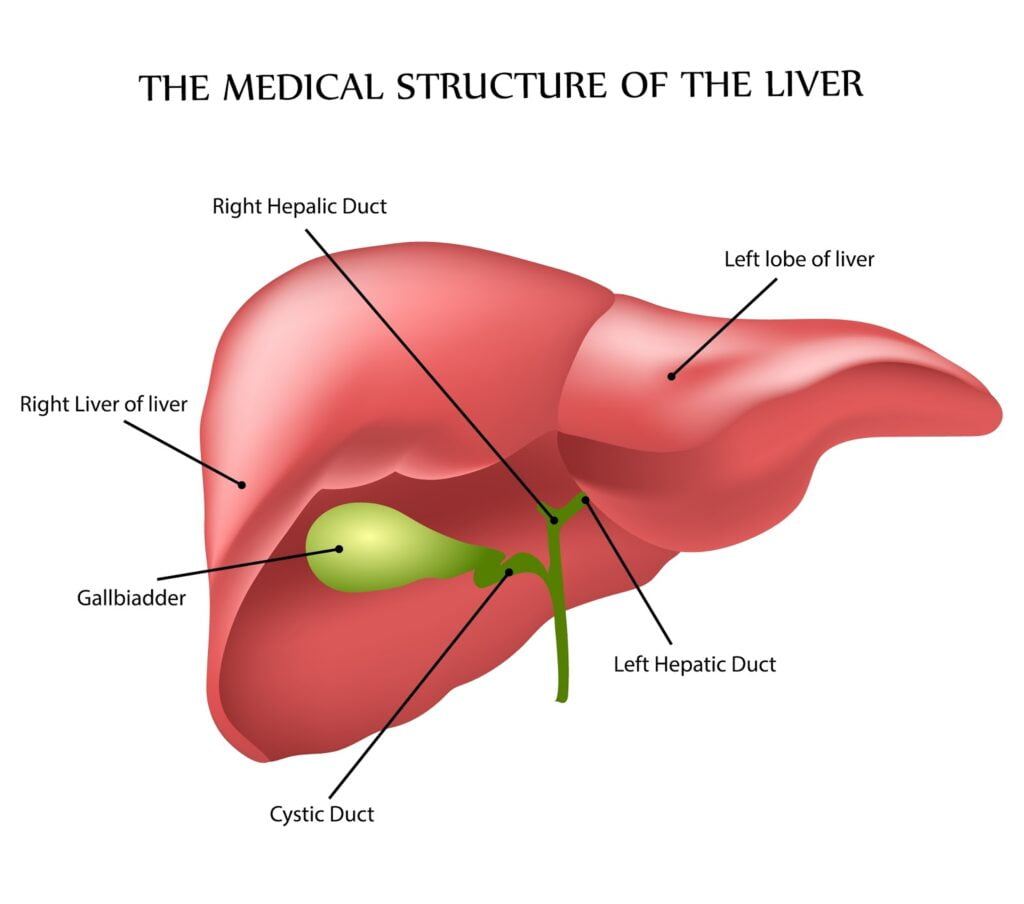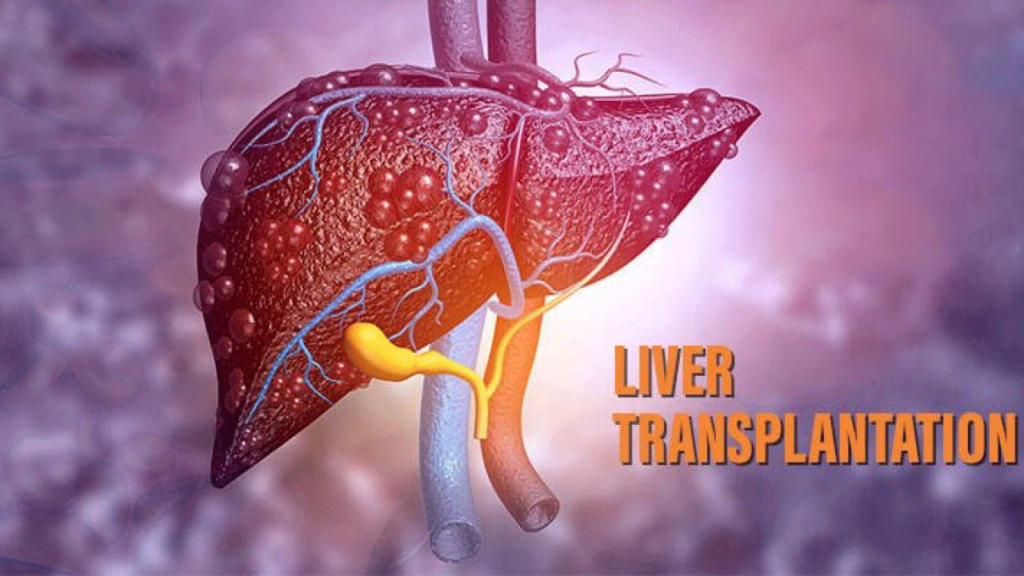
A liver transplant is a surgical procedure that involves replacing a diseased or damaged liver with a healthy one from a donor. Liver transplantation is usually reserved for people who have end-stage liver disease, meaning their liver has stopped functioning properly and is no longer able to support the body’s essential functions.
The decision to undergo a liver transplant is not an easy one, as it is a major surgery that comes with risks and potential complications. Additionally, there are strict criteria that must be met before a person can be considered a candidate for a liver transplant. In this blog post, we will explore who is typically considered a candidate for a liver transplant and what factors are taken into consideration when making this decision.
End-Stage Liver Disease:
As mentioned earlier, liver transplantation is typically reserved for individuals with end-stage liver disease. This means that their liver is no longer able to function correctly, leading to symptoms such as jaundice, fatigue, nausea, vomiting, confusion, and bleeding disorders. The most common causes of end-stage liver disease include chronic hepatitis B or C, alcoholic liver disease, non-alcoholic fatty liver disease (NAFLD), autoimmune hepatitis, primary biliary cholangitis, and primary sclerosing cholangitis.
1.Age Limitations:
Age is also a critical factor in determining eligibility for liver transplantation. While there is no specific age limit for liver transplants, older adults may face additional risks during and after the surgery. Older patients may have other underlying medical conditions, which can complicate the transplant process.
2.Overall Health Condition:
To qualify for a liver transplant, candidates must be in good overall health, aside from their liver condition. They should not have any active infections, cancer, or other serious medical conditions that could affect the success of the transplant.
3.Alcohol and Substance Abuse:
Candidates for liver transplantation must abstain from alcohol and drug abuse for at least six months before the transplant surgery. Substance abuse can lead to liver damage, and continued use of drugs or alcohol after transplantation can cause the new liver to fail.
4.Support System:
Liver transplant candidates must have a strong support system in place, including family members or friends who can help them during their recovery period. They should also be able to attend regular follow-up appointments with their healthcare team and adhere to strict medication schedules.
5.Financial Stability:
The cost of liver transplantation is substantial, and candidates must have adequate financial resources or insurance coverage to cover the expenses associated with the procedure.
6.Mental Health Evaluation:
Candidates for liver transplantation are required to undergo a mental health evaluation to assess their ability to cope with the stress of the surgery and recovery process. The evaluation will also determine if they have any underlying mental health conditions that may affect their ability to comply with post-transplant care instructions.















Indian Health Adviser (IHA) is a healthcare facilitator seeking to make health and wellness easier for people of international residents, their families, and their friends.
Designed by Acmeinfolabs